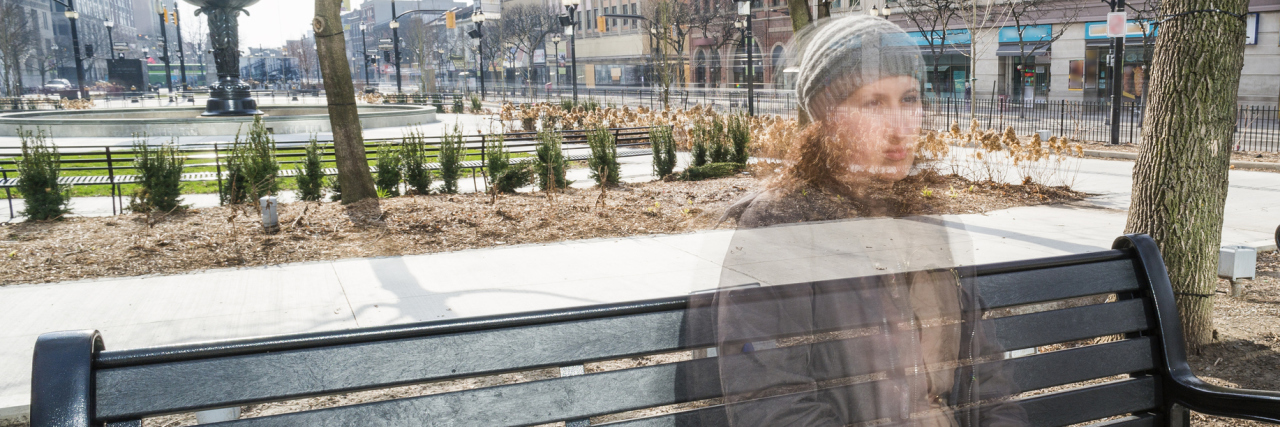Living with a chronic illness is hard. Asking for help when you need it is even harder. I’ve asked multiple people for help with my healthcare needs over the years and I don’t always get it. Why? Because I don’t look sick. I have an invisible illness. You can’t see tachycardia. You can’t see low blood pressure. You can’t see brain fog. You can’t see chronic pain, but you can poke at it if you want.
I regularly ask doctors for help. Some try to help me and others don’t. One doctor referred to my illness as “That Postural Thing,” as if it’s no big deal. “That Postural Thing” has destroyed my life and career prospects. It’s the reason I can’t work and it’s the reason I lost my place on my Master’s degree. The majority of doctors act like they don’t even care that my debilitating symptoms leave me incapacitated most days. One doctor even told me that “young people don’t get sick” – therefore, there couldn’t be anything wrong with me. How wrong he was. I found out that I had postural orthostatic tachycardia syndrome (POTS) when I was 23, 18 months after I’d first asked for help with symptoms. Even after my diagnosis, I’ve had to fight to receive adequate treatment from doctors.
In my new life as a person with a disability, I have found that if you don’t fit into someone’s perception of what a disabled person should look like, they can be cruel. If you walk slowly, they will come up behind you and stamp their feet or push you out of the way. I am entitled to use the disabled seats on public transport, but people don’t like this because as a young woman, I don’t fit into their view of what a disabled person should look like. They come up to me and scream in my face or point out the disabled sticker to me as if to say, “You shouldn’t be sitting here.” I could show them how debilitating my illness is by standing up and putting my arms above my head until I keel over. But, I don’t want to and I shouldn’t have to.
I believe that medical professionals should have a greater awareness of conditions like POTS so that patients can receive adequate healthcare immediately, without having to ask for it multiple times. I also believe that better education is required to tackle people’s ignorance and to teach them that not all disabilities are visible. This way, people with invisible conditions would be treated fairly with the respect they deserve.
Getty Image by Rachel_Web_Design

